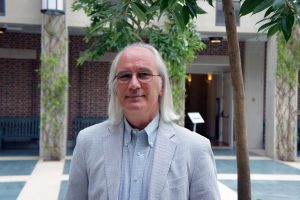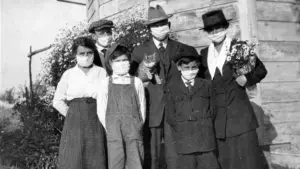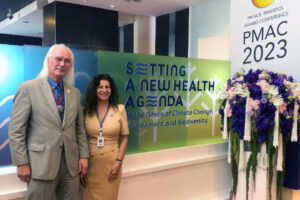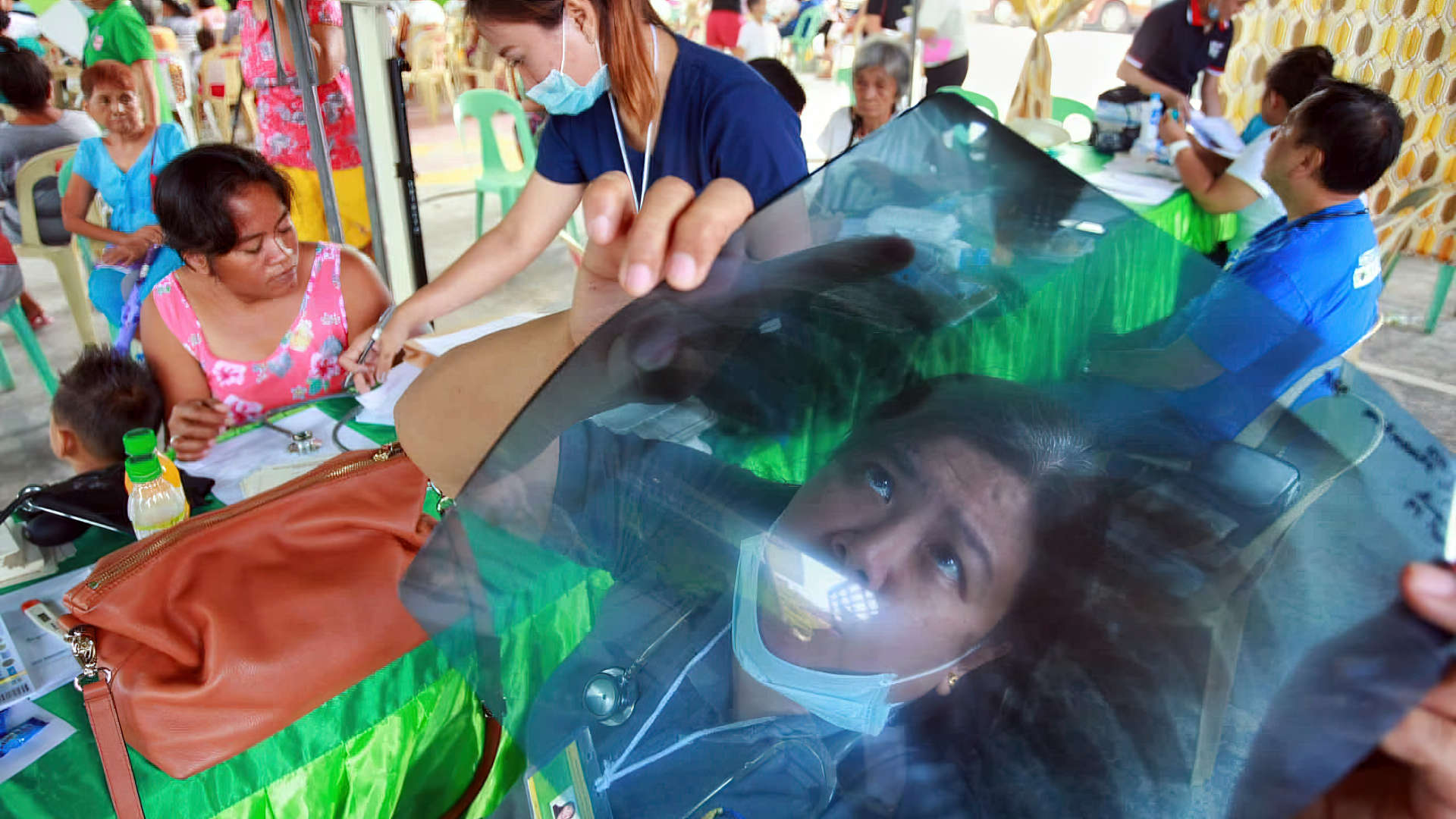
Global Health Security
The USAID TB Platforms Project supports the Philippines Department of Health’s continuous provision of TB detection and treatment in health facilities (shown in a photo before the COVID-19 pandemic). Photo credit: URC
Global Health Security
For decades, URC has worked with national programs to advance efforts to combat infectious diseases, including tuberculosis (TB), HIV/AIDS, Zika, Ebola, and, most recently, COVID-19.
Working with local health care providers, community leaders, patient advocates, and government officials, we strengthen health systems by developing polices, standards, guidelines, and the capacity of facility and community health workers to detect, prevent, and respond to infectious disease. Our programs are designed to advance the Global Health Security Agenda (GHSA) of accelerating progress toward a world safe and secure from infectious disease threats.
URC’s work in global health security is aligned with the GHSA, which aims to:
- Employ an interconnected global network that can respond rapidly and effectively;
- Rapidly detect and transparently report outbreaks when they occur; and
- Prevent and mitigate the impact of naturally occurring outbreaks and intentional or accidental releases of dangerous pathogens.
URC’s active projects are working to reduce the impact of a range of infectious diseases, including TB, HIV/AIDS, malaria, to COVID-19. URC’s experience with infectious disease outbreaks – such as Zika – have demonstrated that epidemics and pandemics require ongoing and sustained attention, from initial response to recovery.
URC-led projects quickly adapted to help countries respond to the COVID-19 pandemic in early 2020. In the Philippines, the USAID Bangsamoro Autonomous Region in Muslim Mindanao for Health (BARMMHealth) Project partnered with the Bangsamoro Inter-Agency Task Force on COVID-19, the Ministry of Health, and private sector partners to establish COVID-19 prevention and treatment measures. BARMMHealth staff met with dozens of municipal health officers and public health nurses to share the Department of Health’s updated clinical decision tool for triaging patients with possible COVID-19 infection at local ports of entry.
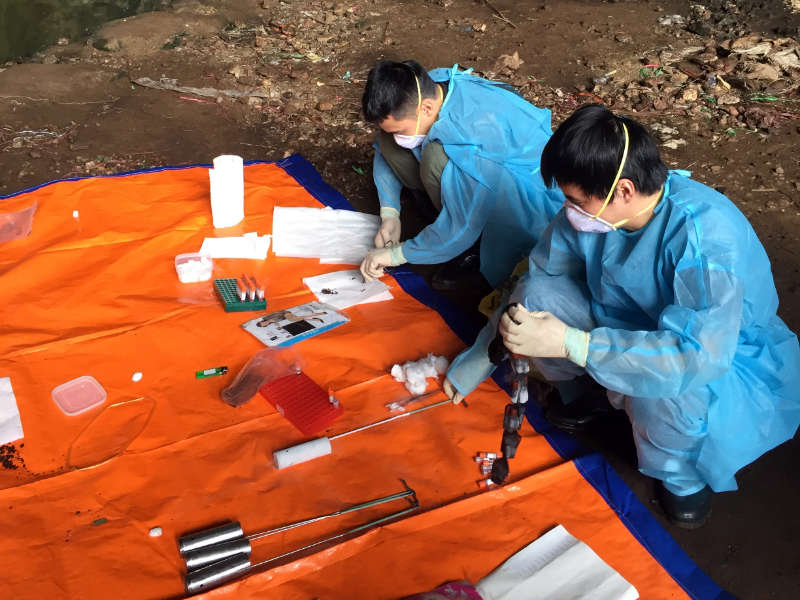
Before COVID-19, the USAID Systems for Health Project in Ghana helped advance infection prevention and control (IPC) by rolling out IPC training for clinical and support staff in hospitals in five regions. The project trained 20,500 health workers and conducted follow-up visits to 106 hospitals.
The World Health Organization’s 11-point Ebola readiness assessment recommends a range of actions to prevent and contain outbreaks. URC – through the USAID-funded Advancing Newborn Child and Reproductive Health (ANCRE) Project in Benin – achieved six of those goals: IPC, public awareness, case management, surveillance, contact tracing, and coordination. ANCRE trained 56 community-based organizations and nearly 2,000 community health workers on prevention, surveillance, and behavior change communication techniques, which reached more than 40,000 people across ANCRE’s 10 target health zones. ANCRE also worked with the Ministry of Health to design and implement the readiness assessment in all 10 zones, improving scores from a 50% average to 79% in a little over a year, exceeding the World Health Organization goal of 75%.
Our People

Dennis Carroll
Dennis Carroll, who has more than 30 years of leadership experience in global health and development, leads URC’s efforts on global health security, including exploring ways to make health systems more resilient in the face of a public health emergency.
Until 2019, Dennis served as the Director of the U.S. Agency for International Development’s (USAID) Emerging Threats Division, where he led USAID’s Emerging Pandemic Threats program – a global effort to combat new disease threats before they can become significant threats to human health. While there, he led USAID’s responses to the avian influenza (H5N1) outbreak of 2005, the H1N1 pandemic of 2009, and the West Africa Ebola epidemic of 2014.
Dennis also serves as the Chair of the Global Virome Project Leadership Board, is a Distinguished Professor of Faculty of Medicine, Chulalongkorn University, and is a Senior Fellow at the Tufts University Center for International Law and Governance. He has a doctorate in biomedical research with a special focus in tropical infectious diseases from the University of Massachusetts Amherst.
Dennis has received awards from both the Centers for Disease Control & Prevention and USAID, including the 2006 USAID Science and Technology Award for his work on malaria and avian influenza, and the 2008 Administrator’s Management Innovation Award for his management of the Agency’s Avian and Pandemic Influenza program.

Beth Turesson
Dr. Beth Turesson is a public health and international development professional with more than 20 years of experience working with U.S. government-funded international public health and research programs including USAID, U.S. Centers for Disease Control, the U.S. Department of Defense and the National Institutes of Health. She has directed and implemented health programs in infectious diseases, health care-associated infections, laboratory services, and clinical research trials in sub-Saharan Africa, South and Southeast Asia, and Central and South America.
Turesson’s expertise in managing global health programs and multi-country, large-scale international clinical trials for HIV/AIDS, sepsis, and Ebola has included coordination with emergency operations centers, safe handling of highly infectious pathogen samples, training and competency in infection prevention and control, infrastructure projects, laboratory and data strengthening for outbreak conditions. She currently oversees URC’s Global Health Security activities, including work with country teams to implement COVID-19, Ebola, Marburg and other pandemic response and preparedness within the context of HIV programming.
Her professional experience also includes supervising teams of headquarters and in-country staff to design, implement and monitor health and health research programs internationally.
Turesson earned a Ph.D. from Michigan State University in biochemistry and molecular biology and has been heavily involved in laboratory strengthening efforts for the DoD, CDC, and USAID programs internationally, supervising key factors such as sample handling and transport, biosafety and biosecurity, external and internal quality assurance and control, and laboratory information management systems.
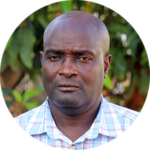
Augustin Muhwezi
Dr. Augustin Muhwezi, MBChB, MPH, is a medical doctor and public health specialist with 23 years of experience implementing large, complex health programs in Uganda. Dr. Muhwezi currently serves as USAID Uganda Health Activity (UHA) Chief of Party (COP) for URC. He has worked closely with the Uganda Ministry of Health (MOH) throughout his career, supporting numerous national health systems and clinical programs including global health security and combating COVID-19 and Ebola.
Early in his career, Muhwezi secured high quality treatment for HIV/AIDS patients, coordinating major clinical trials and providing clinical care to patients. Before leading UHA, he served as COP and Health Systems Strengthening Technical Advisor roles for the USAID-funded Regional Health Integration to Enhance Services in East Central Region (USAID RHITES-EC) and Strengthening Uganda’s Systems for Treating AIDS Nationally (SUSTAIN) Project from 2010 to 2022. As Deputy Chief of Party, he PEPFAR rationalization and transition process, successfully transitioning more than 15 health care facilities to other PEPFAR partners.
Dr. Muhwezi is a trusted USAID collaborator known for his ability to support strategic directives and flawless program implementation, including transparent and auditable financial systems.
While seconded to the MOH through the USAID-funded URC Health Care Improvement (HCI) Project, he helped institutionalize quality improvement (QI) approaches into the national health system and was a pioneer member of the Uganda MOH Quality of Care (QoC) Advisory Committee.
Muhwezi continues to serve on the National QI Coordination Committee and maintains strong working relationships with the MOH and other implementing partners. He is fluent in English, Runyakitara, Luganda, and Lusoga and has a Master of Public Health degree from Makerere University and a medical degree from Mbarara University.
